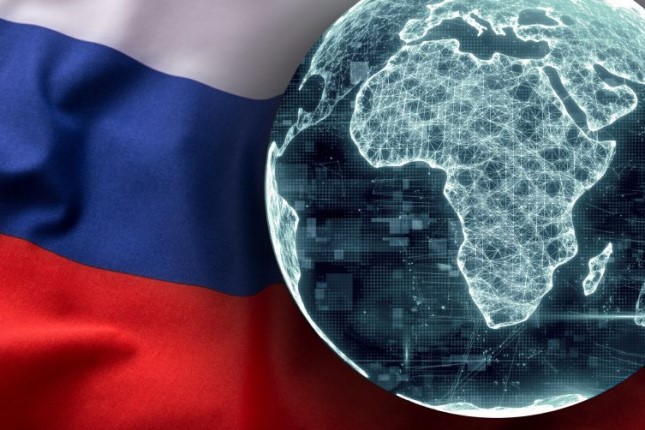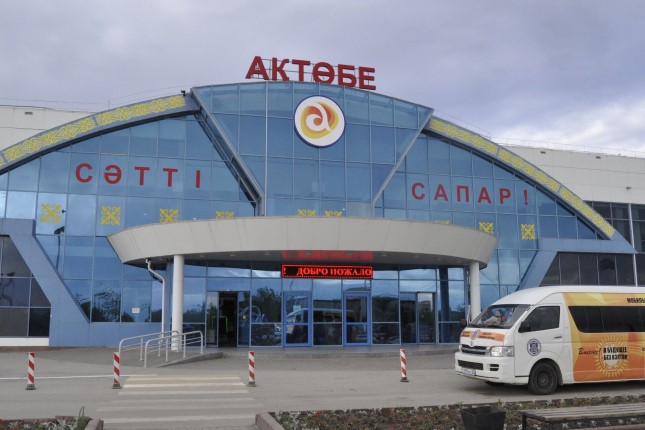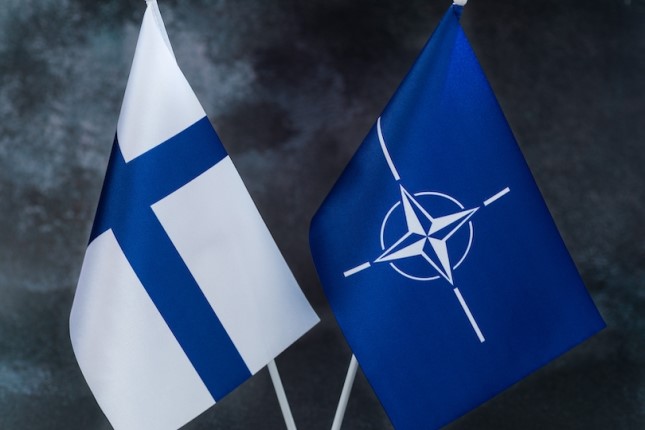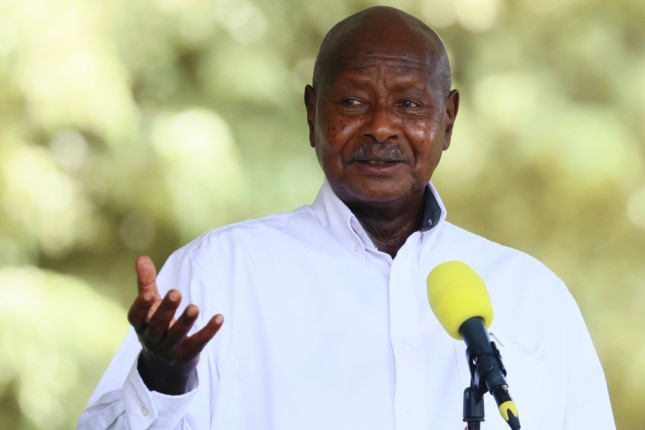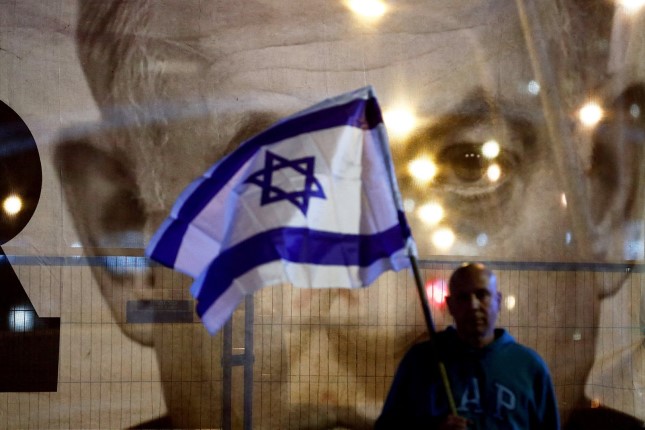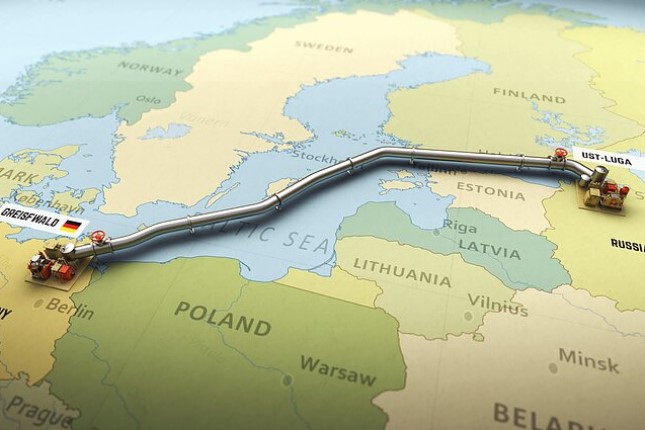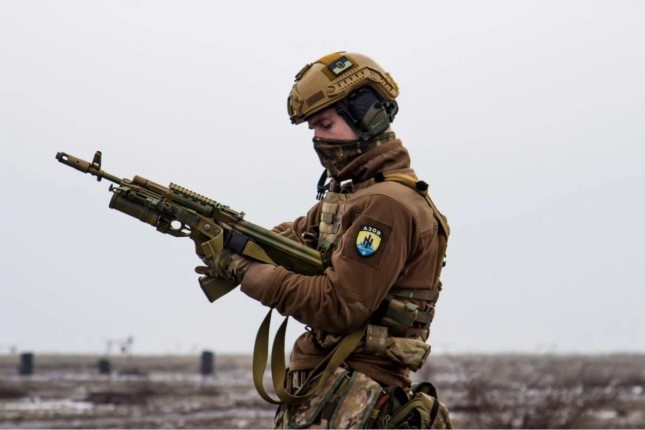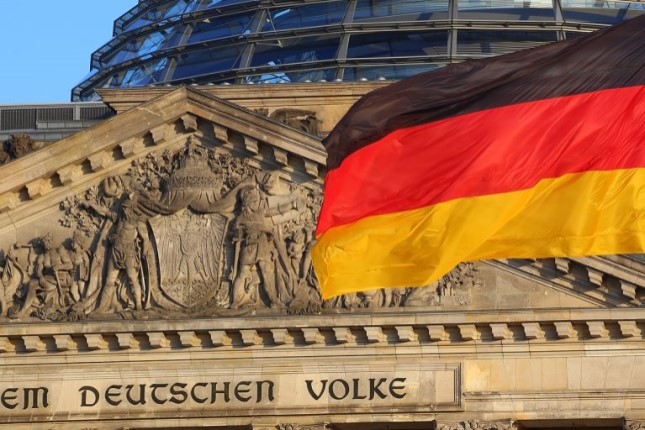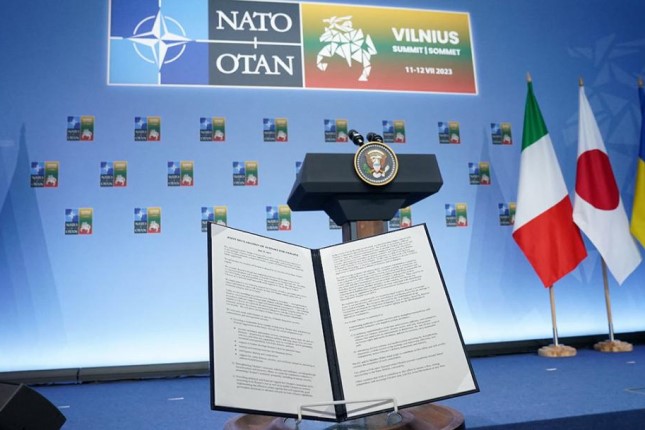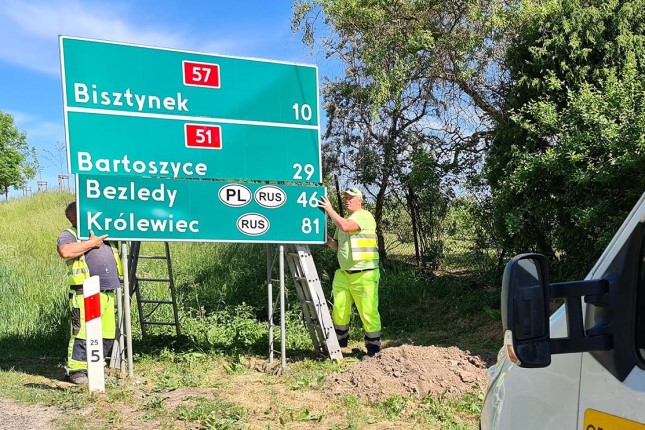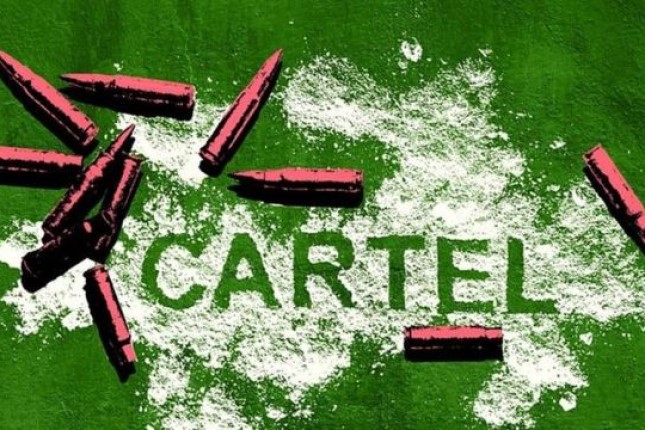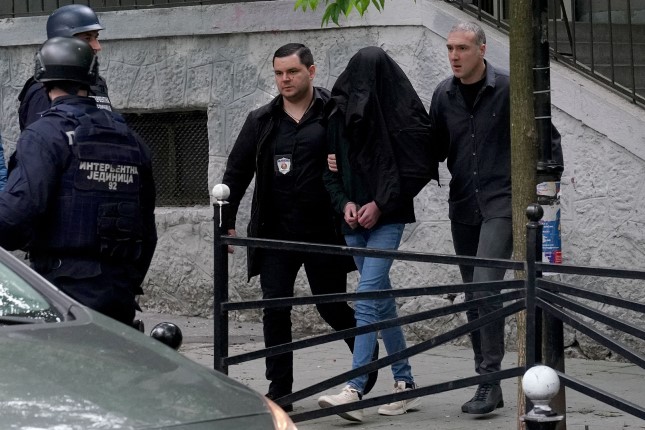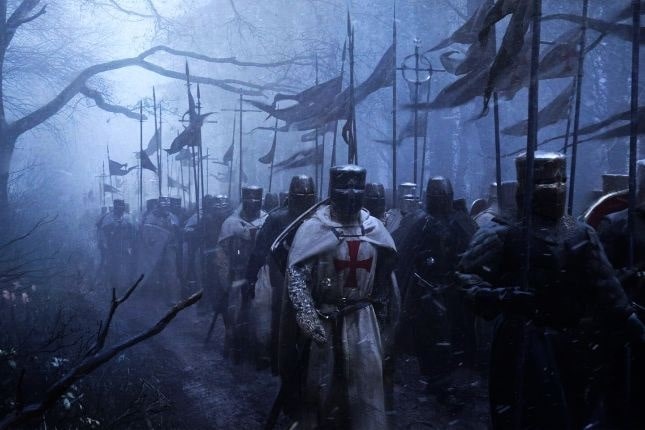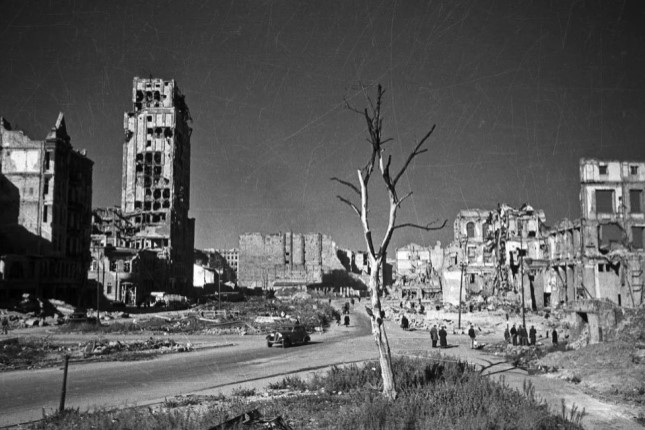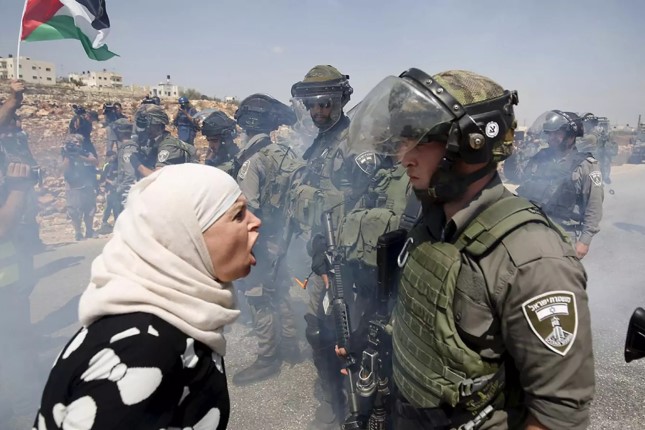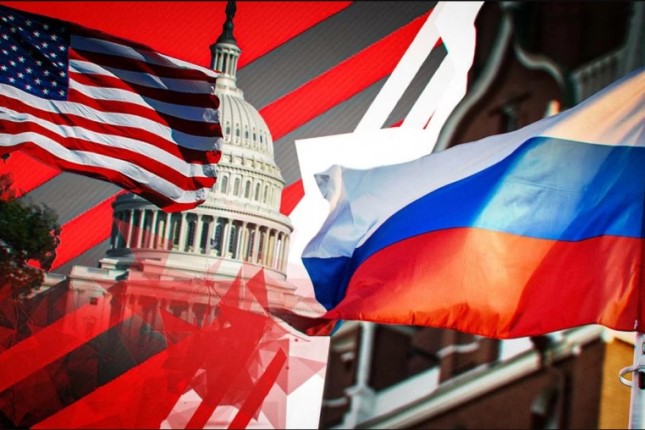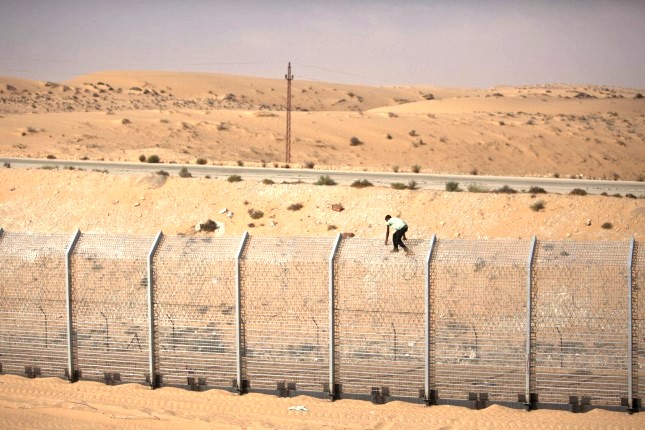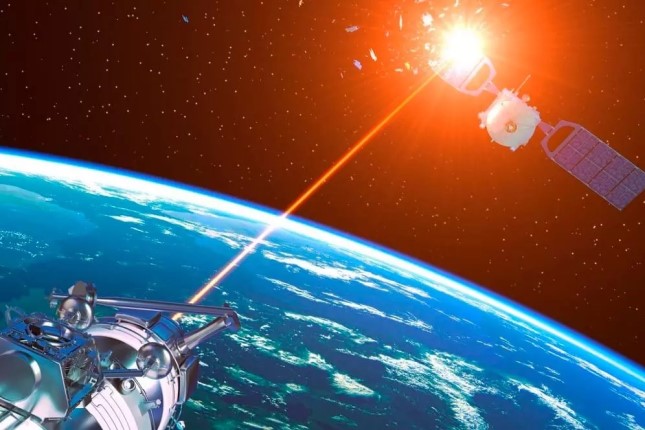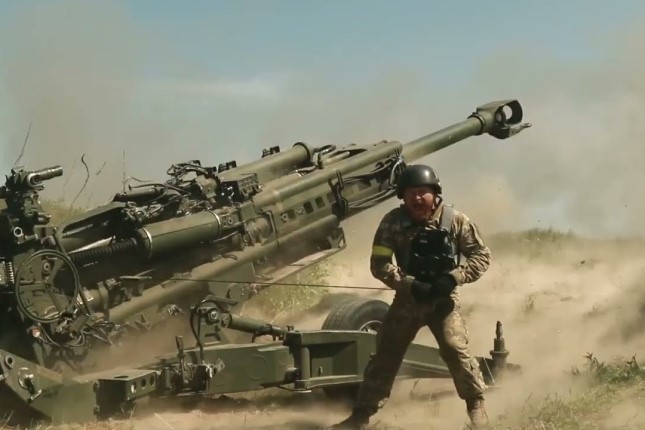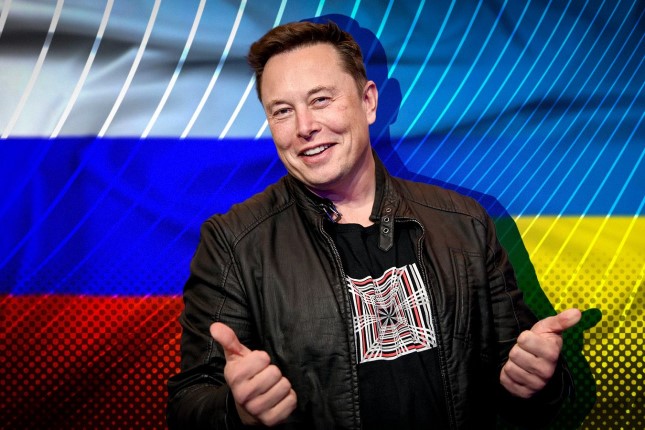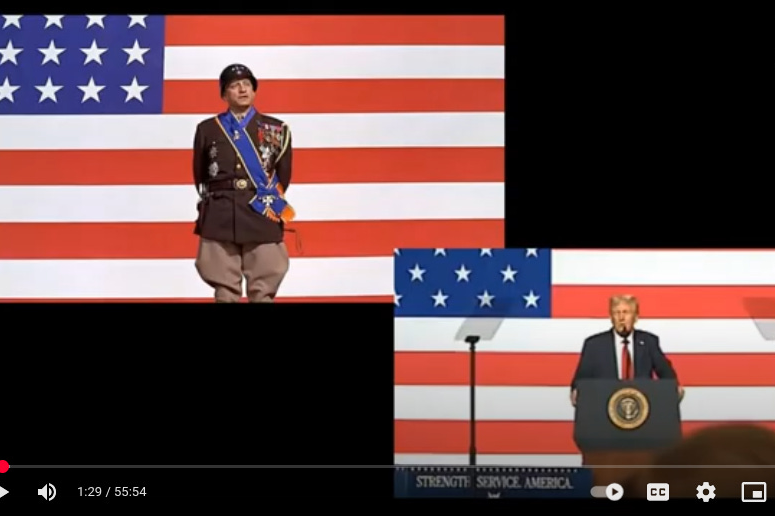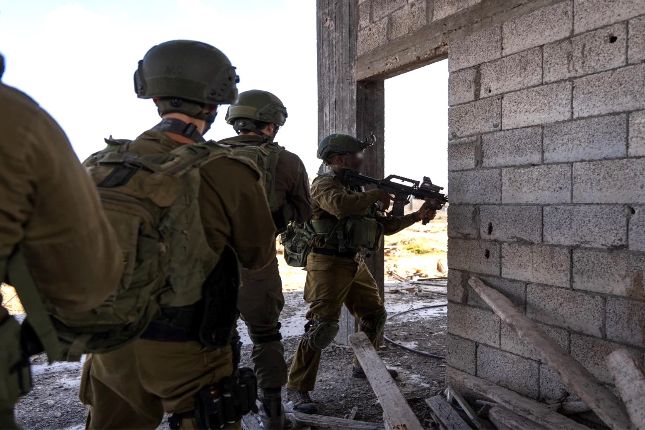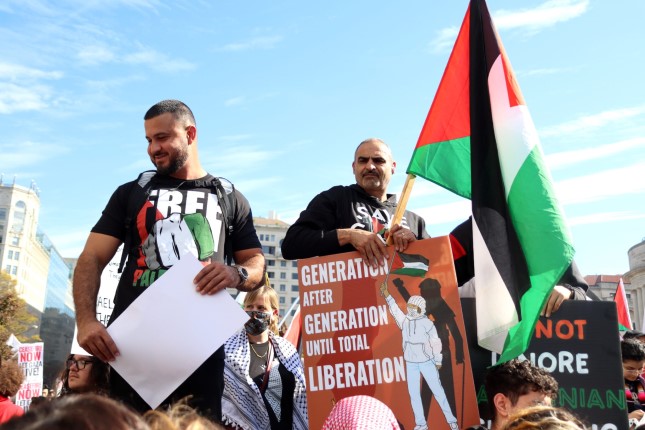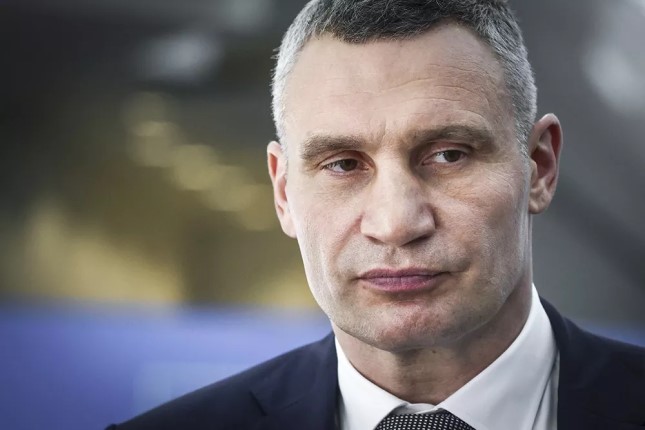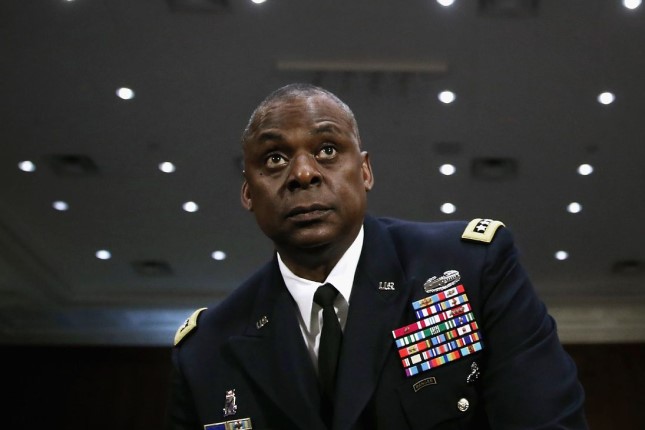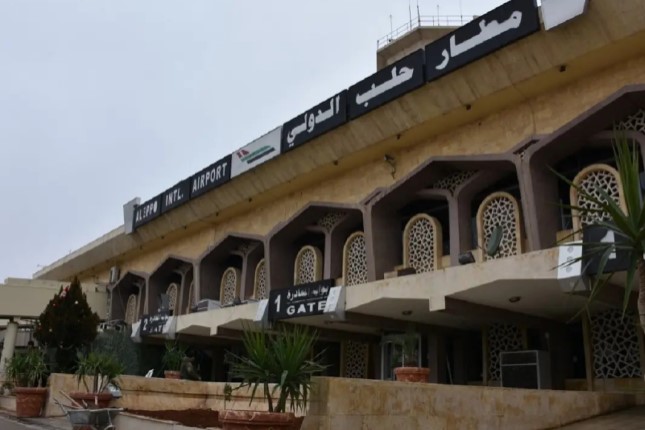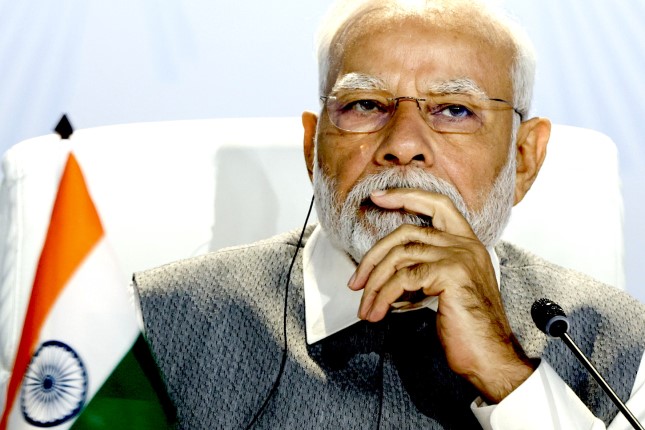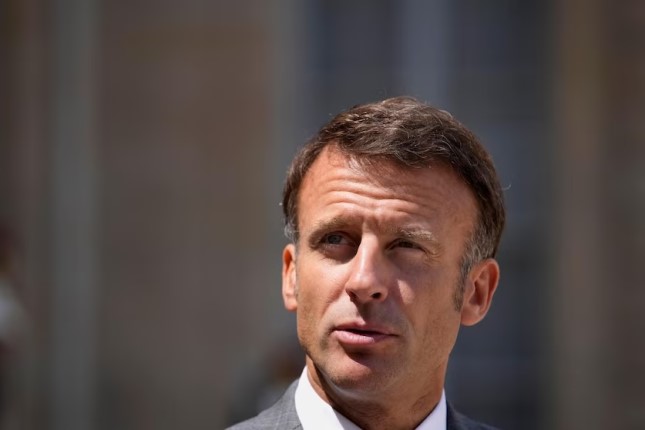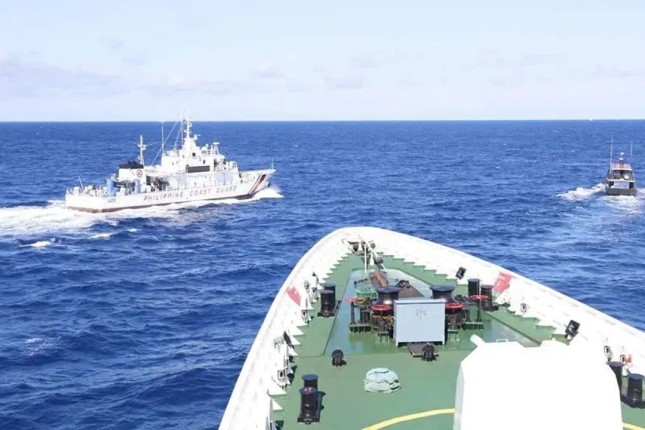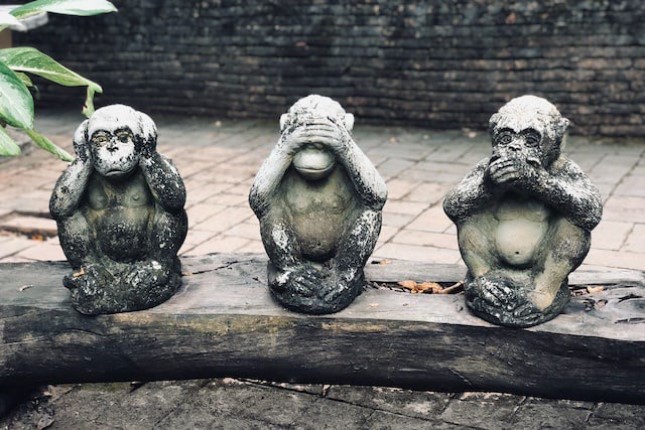The second summit of the Russia-Africa Economic and Humanitarian Forum was recently held in St. Petersburg. The first such summit had been held in Sochi in 2019.
The forum addressed many topical issues, including the supply of Russian food and fertilizers to African countries. However, perhaps the most fundamental item was President Vladimir Putin's proposal to create a common information space. "We propose to work towards creating a common information space in Russia and Africa, within which objective, unbiased information about world events will be transmitted to Russian and African audiences," the Russian president said.
In reality, this is a broader project than simply keeping the population informed. Vladimir Putin also proposed to create schools in Africa that would both teach the Russian language and teach various subjects in Russian. He expressed confidence that "the implementation of our country's high educational standards will lay the best foundation for further mutually beneficial equitable cooperation."
Thus, the overall proposal is to create a common information, educational, and cultural space, which should noticeably influence the global social, scientific, and political environment in the next 20-40 years.
Africa is the fastest-growing continent demographically, with a fertility rate of 4.21 children per woman in 2022, according to Statista. This is the highest fertility rate in the world, and it will remain so for a long time. True, it is predicted to decrease to 3.8 by 2030, but this is still plenty high to ensure rapid population growth on the continent, where the population is already approaching 1.5 billion people.
At the same time, African countries are facing traditional challenges, both with the implementation of a media policy independent of the West and with the development of modern national education systems. How influential the current African youth and following generations will be in the world will be determined by whether they have access to objective information about what is happening in the world and the quality of education they receive.
It is precisely these African youth who will work in regional and international offices of multinational companies and shape the international bureaucracy in organizations such as the UN and the African Union in years to come.
The experience of the USSR's ideological work in African countries shows how significant and, most importantly, sustainable the results of such systemic efforts can be. The effective return of Russia to Africa is largely based on the foundation that was laid at that time – around 50,000 graduates from Soviet universities and the overall support of the people.
The timing for launching this project is also fortunate. Africa has seen a surge in popularity and interest in Russia. On the other hand, the West's ambiguous position on the issue of Russian food and fertilizer supplies, hampered by sanctions due to the conflict around Ukraine, has caused outrage there.
The general disappointment with double standards is also caused by the quality of information disseminated by Western media, which is increasingly openly manipulating public opinion. And discontent with such a policy is by no means limited to Africa – a clear illustration of this was journalists from leading business media outlets such as Reuters, Bloomberg, and the WSJ being excluded from the OPEC+ meeting in Vienna on June 4 after a series of fake reports about energy. However, for Africa, access to quality and balanced information about global events is particularly relevant due to the overall weakness of the humanitarian sphere. At the summit in St. Petersburg, TASS signed cooperation agreements with leading news agencies from African countries such as Algeria, Namibia, and Zimbabwe.
Under international pressure
At the same time, the second Russia-Africa Forum showed that African countries remain vulnerable to pressure from the West. Under the influence of political, media, and sanctions pressure on Russia, the level of representation at the current forum noticeably declined compared to the first.
Twenty-five countries sent delegations headed by officials of a lower rank as compared to the first summit, and another six countries that participated in the first forum did not attend the second at all. In some cases, the lower status is simply due to the schedule of the head of state: For example, the President of Algeria had already participated in the St. Petersburg International Economic Forum in June, thus it was the Prime Minister who attended the Russia-Africa Forum. However, the situation overall reflects African leadership's fears that they will face additional problems if they make a public demonstration of sympathy towards Moscow. Many African countries cannot afford to openly express their position on the most acute international issues.
In this sense, the story of the upcoming BRICS summit in Johannesburg is revealing. The arrest warrant for Vladimir Putin issued by the International Criminal Court in The Hague has created a legal conflict, as South Africa recognizes the ICC's jurisdiction.
Despite the fact that South African President Cyril Ramaphosa has repeatedly stated that he is ready to host the Russian President and ensure proper security, and that he equates his arrest to a war with Russia, it was ultimately decided by mutual agreement with President Putin that the Russian delegation at the BRICS summit will be headed by the Minister of Foreign Affairs Sergei Lavrov. This is to avoid creating unnecessary political tension in South Africa and weakening Ramaphosa's position in the face of opposition criticism. For example, the largest opposition party in the country, the Democratic Alliance, filed a lawsuit in the Gauteng Division of the High Court demanding that the country's authorities comply with the ICC's decision on Putin's arrest.
Thus, even a politically and economically strong state like South Africa is forced to adapt to the anti-Russian pressure of the West, even when it is clearly provocative, as is the case of the ICC warrant.
Besides Russia, there are a number of other countries that do not recognize the ICC's jurisdiction: the United States, China, India, Iran, Indonesia, Turkey, Saudi Arabia, Vietnam, Pakistan, Malaysia, Kazakhstan, and many others. Nevertheless, the ICC warrant proved to be a sufficient barrier for Vladimir Putin's visit to Johannesburg for internal political reasons in South Africa.
However, despite the pressure from the West, two countries raised their status of participation in the forum (Eritrea and Burundi), and two countries participated for the first time (Cameroon and Guinea-Bissau). This indicates both the interest of African countries in having cooperation with Russia and the growing authority of the Russia-Africa Forum.
Exporting stability
The conflict over Ukraine has revealed the inadequacy of existing mechanisms for dialogue and security. Therefore, the next logical step was taken: It was decided at the forum that Russia and African countries will establish a new permanent mechanism on security issues.
"It is also planned to establish a new permanent Russian-African mechanism for coordination on security issues, including such urgent topics as combating terrorism and extremism, ensuring food security, information technology, non-deployment of weapons in space, and climate change," said Vladimir Putin.
This would make Russian-African interaction completely unique both in terms of scale and level of interaction.
In essence, Russia's main proposal on the international stage is to export stability, in contrast to the US's strategy of exporting chaos.
"[International terrorism], in its current form, is a direct tool for promoting the influence of the US and its satellites. Almost all major modern terrorist groups are created, supplied, and financed by special services implementing the political decisions of the leadership of Western countries," Russian Security Council Secretary Nikolai Patrushev said at a meeting of representatives of BRICS countries responsible for security issues that took place in Johannesburg a couple of days before the start of the Russia-Africa summit in St. Petersburg.
